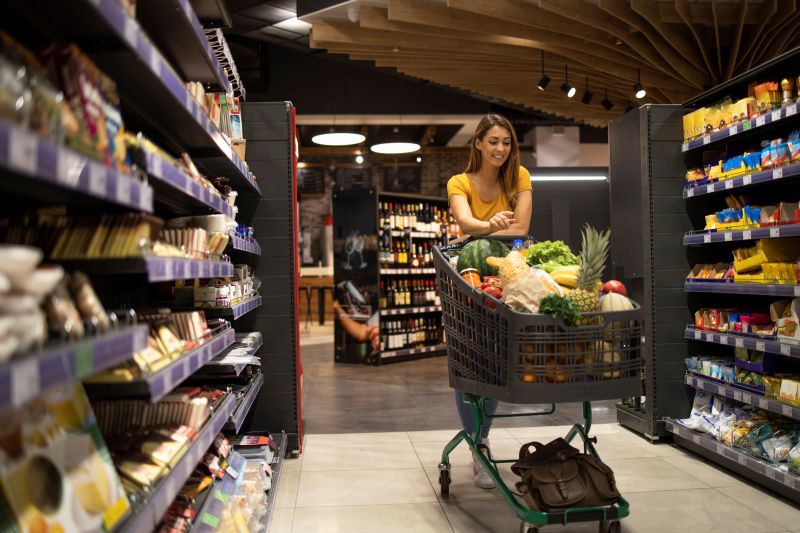Must Have Supermarket Equipment for Every Department
Running a successful supermarket requires not only high-quality products but also the right equipment to ensure efficiency, safety, and an enjoyable shopping experience. Each department within the supermarket has specific needs, and having the appropriate equipment is essential for smooth operations. Here’s a breakdown of the must-have equipment for various supermarket departments.
Table of Contents
1. Produce Department
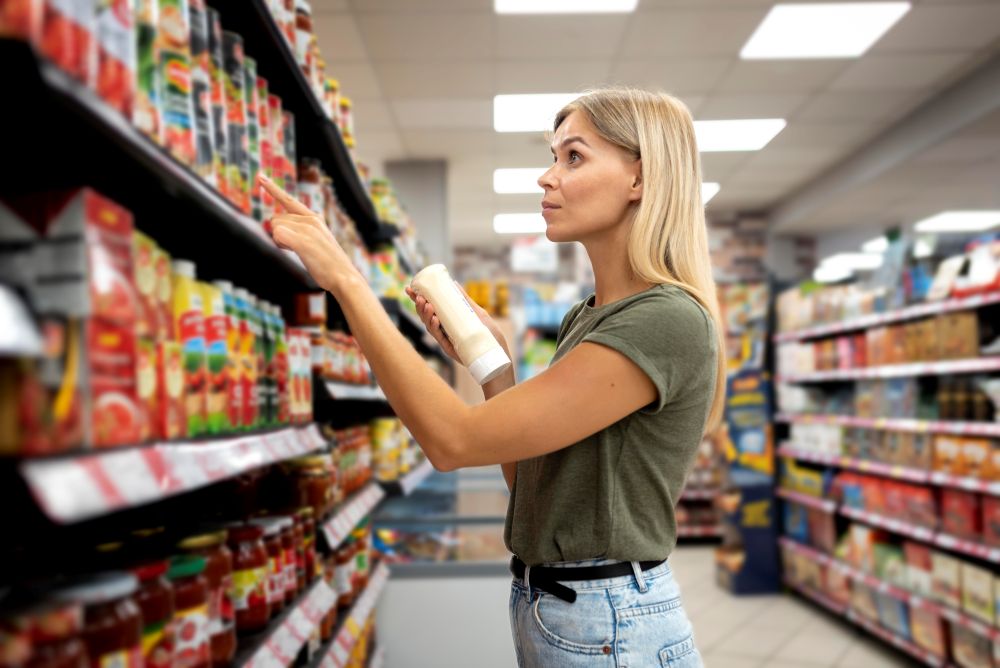
The produce section is the first stop for many shoppers, and it should be appealing and well-organized. Essential equipment includes:
- Refrigerated Display Cases: Keep fruits and vegetables fresh while showcasing them to customers.
- Hydro Coolers: Used to rapidly cool down freshly harvested produce, preserving quality and shelf life.
- Vegetable Wash Station: A designated area for washing produce to ensure cleanliness before display.
2. Meat and Seafood Department
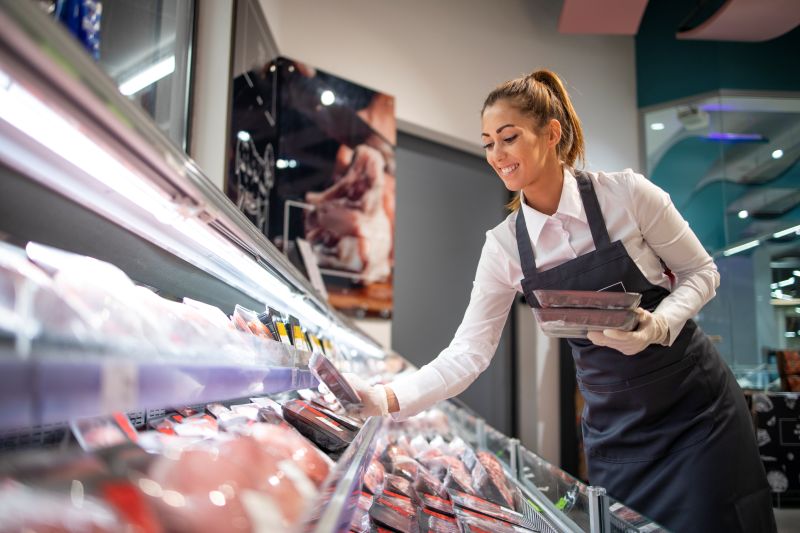
This department demands top-notch equipment to maintain hygiene and quality:
- Meat Saws and Grinders: Essential for cutting and preparing different meat types.
- Vacuum Sealers: These extend the shelf life of meat and seafood products by preventing oxygen exposure.
- Blast Freezers: Quickly freeze products to lock in freshness and flavor.
3. Dairy Department
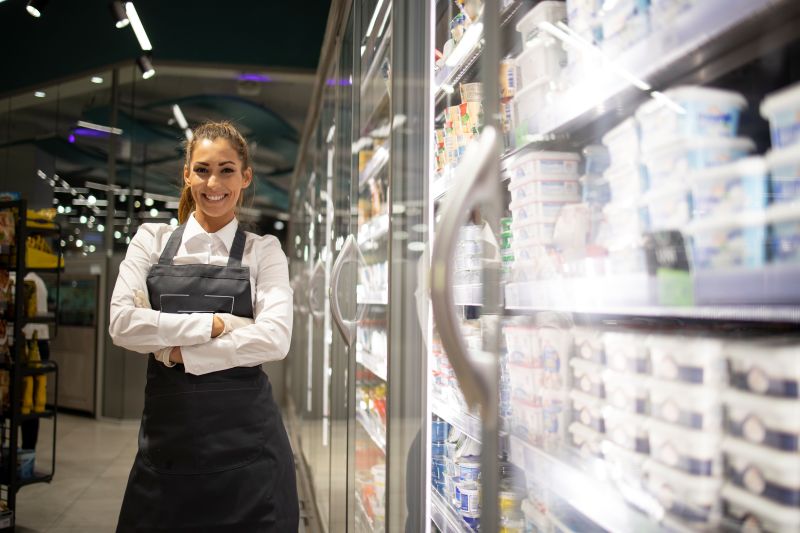
Dairy products require careful handling and storage:
- Refrigerated Shelving Units: Essential for displaying milk, cheese, and yogurt at the right temperatures.
- Dairy Case Displays: These should have glass fronts for easy viewing and access, while maintaining optimal temperature.
- Cheese Wheels and Slicers: For stores that offer artisanal cheeses, these help in portioning and presentation.
4. Bakery Department
The bakery is often seen as the heart of the supermarket, attracting customers with fresh goods:
- Ovens and Proofing Cabinets: Vital for baking a variety of goods, from bread to pastries.
- Display Tables: Should be designed to showcase baked products appealingly.
- Mixers and Dough Sheeters: Necessary for preparing dough for various bakery items.
5. Grocery Aisles
To manage a wide array of packaged goods efficiently, you’ll need:
- Shelving Units: Sturdy and adjustable shelving for displaying products in an organized manner.
- Shopping Carts and Baskets: Essential for customer convenience while shopping.
- Price Tagging Machines: Keep pricing accurate and visible to customers.
6. Checkout Area
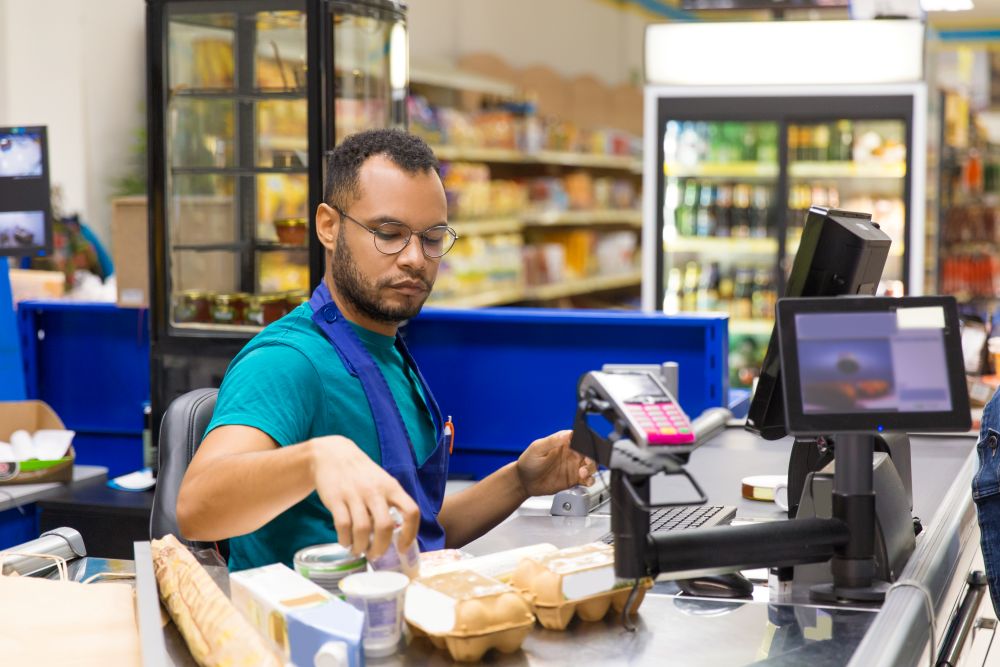
The checkout process is crucial for customer satisfaction and operational efficiency:
- Point of Sale (POS) Systems: These streamline transactions and inventory management.
- Speedy Checkout Counters: Designed for quick service while maintaining customer experience.
- Security Scanners: Essential for preventing theft and managing inventory.
7. Cleaning and Maintenance Equipment
Keeping the supermarket clean and safe is paramount:
- Floor Scrubbers: Help maintain cleanliness throughout the store.
- Trash Containers: Strategically placed bins throughout the store to encourage cleanliness and recycling.
- Sanitizing Stations: Ensure the safety of both staff and customers with convenient access to hand sanitizers.
Frequently Asked Questions
What are the essential equipment items for starting a supermarket?
The must-have equipment includes shelving racks, billing counters, refrigeration units, trolleys, baskets, display freezers, weighing scales, CCTV cameras, and POS systems. Each department may also require specific tools based on the products offered.
What kind of racks should I use in different supermarket sections?
Grocery & packaged items: Gondola racks
Vegetables & fruits: Slanted mesh or crate racks
Beverages: Heavy-duty bottle racks
Bakery items: Wooden or glass display shelves
Promotional items: End cap racks
Do I need separate refrigeration units for different items?
Dairy, frozen foods, and fresh produce require different temperature settings. Use vertical chillers for dairy, deep freezers for frozen foods, and open coolers for fresh items.
What’s the best POS system for supermarkets?
Look for a POS system that offers inventory management, barcode scanning, GST billing, and integration with digital payment options. Cloud-based systems are preferred for real-time tracking and updates.
How do I choose the right equipment supplier?
Always go for suppliers who offer:
Quality-tested equipment
Installation and after-sales support
Customization options
Warranty and maintenance services
Reading reviews and checking industry experience is also helpful.
Is it necessary to have backup power for supermarket equipment?
A power backup system like an inverter or generator ensures that refrigeration units, billing systems, and lights function without interruption—crucial for maintaining product freshness and smooth operation.


